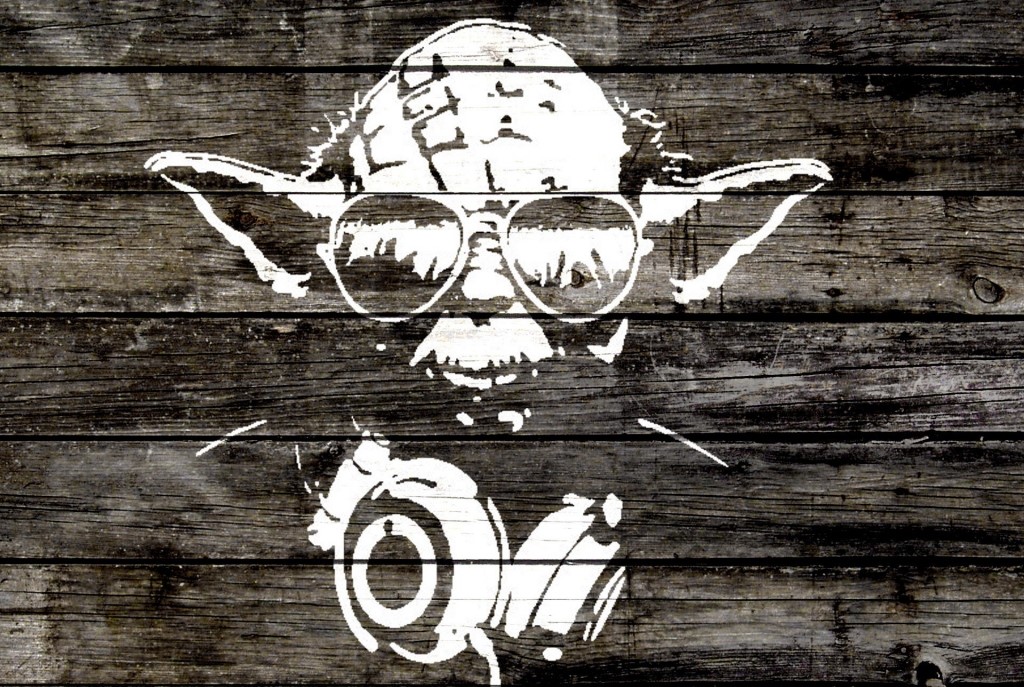Anyone who came up in the ’80s will remember Yoda telling Luke Skywalker, “Luminous beings are we, not this crude matter.” But what if he was wrong? What if it’s both?
I used to get a kick out of telling people that I’m “religious but not spiritual,” mostly because it confused them. But there was some truth to my little subversion of the trendy “spiritual but not religious” label. I suck at prayer and always have, but I sure do like stained glass and statues.
In her book Christianity after Religion, Diana Butler Bass springboards from the “spiritual but not religious” thing to all kinds of interesting topics that I don’t have the time to get into here. What I would like to do, though, is question the helpfulness of the label itself.
Does pitting spirituality against religion create a false dichotomy?
Now if we understand “spiritual” to be synonymous with vibrant or alive and “religious” to denote dead formalism, then sure, these two concepts are pretty foreign to one another. But what if we consider them through the lens of (what I’ll call) Radical Eschatology?
I am borrowing this descriptor from Caputo’s “Radical Theology,” obviously. It has been said that while conservatives and liberals argue over whether everyone gets into heaven, the radical theologian is standing off to the side thinking everyone should get out. Humor aside, the point is that on this side of the Incarnation the relationship of heaven to earth has undergone a cataclysmic shift, according to which divinity and humanity are now united and a whole new human race has been fashioned, one whose destiny is none other than divinization itself.
Employing these eschatological lenses, then, would it not be valid to see spirituality and religion to be as hypostatically united as the two natures of Christ? We exist in an era of sacraments and icons, an age where heaven has joined earth in holy matrimony (and what God hath joined let no man put asunder). There simply is no other arena for spirituality to be than the this-worldly one, and no other way for Christ to save and serve than through us, embedded and embodied earthlings though we are.
After all, we are not Gnostics (or Jedi Masters for that matter).
Rather than mistrusting the body and all things fleshly and material, perhaps it’s time to recognize that the whole “veiled in flesh the Godhead see” thing is not so much a one-off Christmas miracle as a pattern and way of life, and that the spiritual work of redemption only happens in the midst of the filth and grit of this earthly eschatological moment.
Religion’s chants, prayers, and incensed assemblies are now spiritual because this world is now spiritual, because divinity has poured itself out like a sacrificial offering over the face of the earth.
So let heaven and nature sing, and let the flesh and bones of religion provide the gay apparel for spirituality to don.

